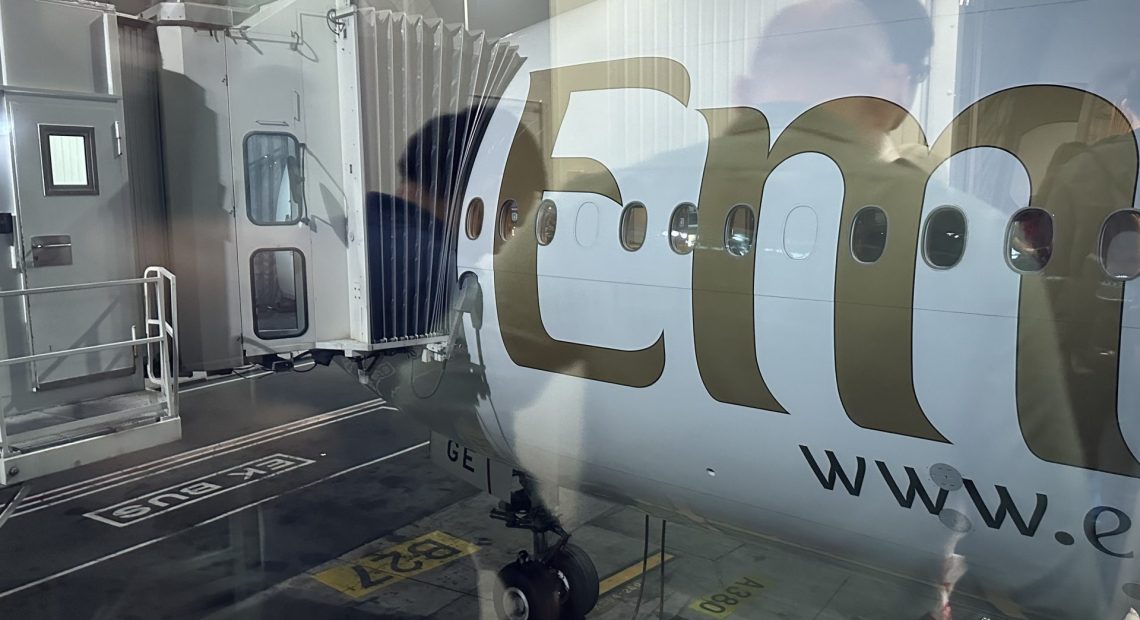IATA and ASF partner to reduce cabin waste on global flights

Mission aims to drive circularity solutions
The International Air Transport Association (IATA) has partnered with the Aviation Sustainability Forum (ASF) to introduce a standardised Cabin Waste Composition Audit (CWCA) programme aimed at enhancing circularity within the aviation sector.
The initiative marks a significant step towards managing and reducing cabin waste across global flights.
Trials of the CWCA were conducted in two phases, encompassing 25 flights—including short, medium, and long-haul routes—operating from Singapore’s Changi Airport between November 2023 and April 2024.
The audits, overseen by ASF and based on a methodology developed by IATA, revealed critical insights into the composition of cabin waste.
Initial findings indicate that the aviation industry generates over 3.6 million metric tonnes of cabin and catering waste annually, with food and beverage waste comprising 65% of the total. Surprisingly, untouched meals alone account for 18% of the waste produced.
The data collected from these audits will serve as a crucial guide for airlines, policymakers, and caterers in implementing strategies to minimise waste generation and enhance recycling efforts.
Previously, the absence of a standardised auditing approach had hindered the industry’s ability to gather harmonised data necessary for informed decision-making on waste management practices.
Marie Owens Thomsen, IATA’s Senior Vice President of Sustainability and Chief Economist, said: “Managing and reducing waste is an integral part of aviation’s sustainability strategy. Establishing a consistent methodology for auditing cabin waste enables the industry to monitor and mitigate its environmental footprint effectively.”
Matt Crane, Founder of ASF, echoed this sentiment, highlighting the forum’s commitment to promoting higher levels of waste recovery and circularity in aviation: “Effective waste management in cabin operations is a challenge that demands data-driven solutions. Our collaboration with IATA to develop a standardised auditing program represents a pivotal advancement in achieving sustainability goals within the sector.”
The ASF Cabin Waste Composition Auditing Platform is scheduled to launch in September 2024. It aims to standardise data collection processes and facilitate comprehensive waste management strategies across the aviation industry.
This joint effort between IATA and ASF underscores a collective commitment to fostering environmental stewardship and operational efficiency within global aviation.
Featured image: The aviation industry generates over 3.6 million metric tonnes of cabin and catering waste annually. Credit: Arnold Pinto













